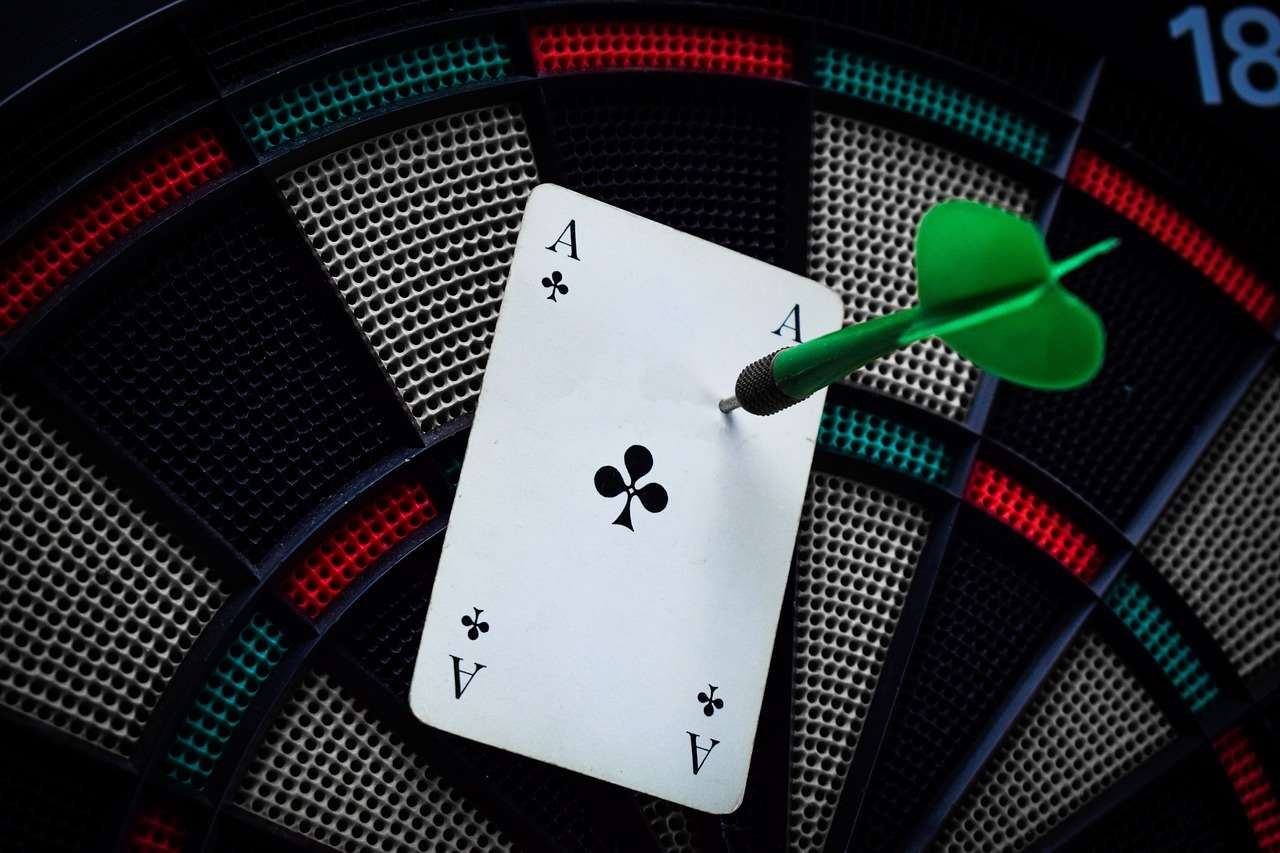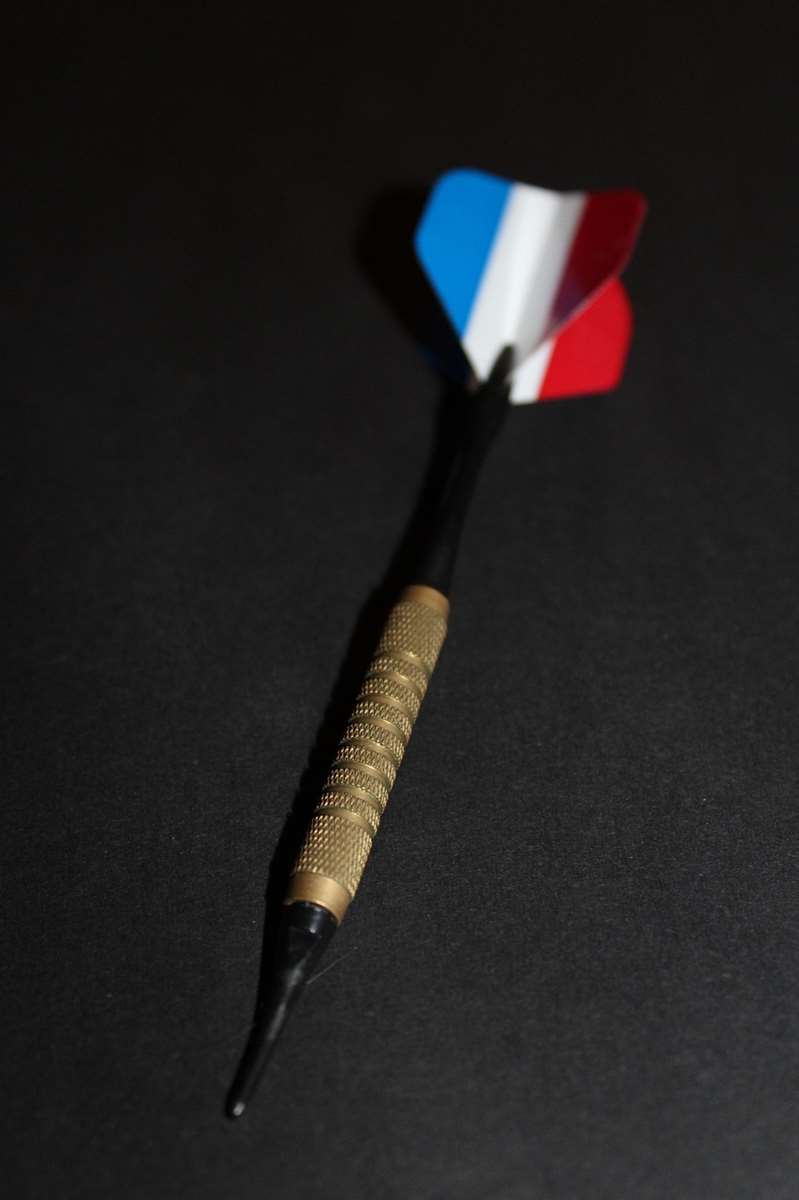The role of darts scoring officials is crucial for fair play and accuracy in both amateur and professional matches, ensuring all points are tallied correctly and disputes are resolved effectively. This article will explore the duties of these important individuals, the qualities they need, and the training and certification they might undertake.
⚠️ Still Using Pen & Paper (or a Chalkboard)?! ⚠️
Step into the future! The Dart Counter App handles all the scoring, suggests checkouts, and tracks your stats automatically. It's easier than you think!
Try the Smart Dart Counter App FREE!Ready for an upgrade? Click above!
Understanding the Role of Darts Scoring Officials
Darts scoring officials, also known as markers or referees depending on the level of competition, are responsible for accurately recording the scores thrown by players during a game of darts. Their presence ensures the integrity of the match and provides a neutral perspective for resolving any uncertainties that may arise.
Beyond simply noting the scores, their duties extend to announcing the scores clearly, calculating remaining totals for players attempting checkouts, and monitoring adherence to the official rules of the game. They also need to handle pressure situations calmly and professionally, especially in televised or high-stakes matches.

Key Responsibilities of a Darts Scoring Official
- Accurate Scorekeeping: The primary responsibility is to meticulously record each dart thrown and the corresponding score achieved.
- Score Announcing: Clearly announce each score after a player’s turn, allowing both players and the audience to follow the game’s progress.
- Checkout Assistance: Calculating and announcing possible checkout combinations when a player is nearing the end of the game.
- Rule Enforcement: Ensuring that players adhere to all the rules of darts, including foot fault lines and dart retrieval protocols.
- Dispute Resolution: Calmly and fairly resolving any disagreements or disputes that may occur between players regarding scoring or rules.
- Maintaining Order: Keeping the playing area organized and free from distractions to ensure a smooth and professional match environment.
Essential Qualities for Darts Scoring Officials
Not everyone is cut out to be a great darts scoring official. Certain qualities and skills are essential for success in this role.
- Accuracy and Attention to Detail: The ability to focus intently and accurately record scores is paramount. Even small errors can have significant consequences.
- Mathematical Proficiency: Quickly calculating scores and remaining totals, particularly for complex checkouts, is essential. This is especially important when dealing with a darts board with scores.
- Excellent Communication Skills: Clear and concise communication is crucial for announcing scores, explaining rules, and resolving disputes effectively.
- Impartiality and Fairness: Maintaining a neutral stance and treating all players with fairness and respect is essential for building trust and ensuring fair play.
- Calm Under Pressure: The ability to remain calm and focused, even in tense or high-pressure situations, is crucial for making sound judgments.
- Knowledge of Darts Rules: A thorough understanding of the official rules of darts is essential for enforcing them correctly and resolving any disputes that may arise. You can often find a darts scoring rules pdf online.

Training and Certification for Darts Scoring Officials
While some amateur games may not require formally trained darts scoring officials, professional organizations often have certification programs to ensure a high level of competence and consistency. Here’s what that might entail:
Certification Programs
Organizations like the Professional Darts Corporation (PDC) and other governing bodies may offer training courses and certification programs for aspiring officials. These programs typically cover:
- Detailed rules of darts
- Scoring procedures
- Dispute resolution techniques
- Professional conduct and ethics
Completing a certification program can enhance credibility and increase opportunities to officiate at higher levels of competition.
Practical Experience
In addition to formal training, practical experience is invaluable for developing the skills and confidence needed to be a successful darts scoring official. Volunteering at local tournaments or leagues can provide opportunities to gain experience and learn from more experienced officials.
Common Challenges Faced by Darts Scoring Officials
The role of darts scoring officials isn’t always easy. They face several challenges that require them to be adaptable and resourceful.
- Ambiguous Darts: Sometimes, it can be difficult to determine precisely where a dart landed, especially if it’s close to a wire or in a crowded section of the board. Officials need to use their best judgment and, if necessary, consult with other officials or use available technology (such as camera replays, if available).
- Player Disputes: Disagreements between players regarding scoring or rules can arise. Officials need to be able to mediate these disputes calmly and fairly, relying on their knowledge of the rules and their ability to communicate effectively.
- Pressure from the Crowd: In high-stakes matches, the crowd can exert pressure on officials. It’s essential to remain impartial and focused on the task at hand, regardless of the crowd’s reaction.
- Maintaining Concentration: Long matches can be mentally draining, and it can be challenging to maintain focus for extended periods. Officials need to develop strategies for staying alert and avoiding errors.

The Impact of Technology on Darts Scoring
Technology is changing the way darts are played and scored. From electronic dartboards to sophisticated scoring software, technology offers a range of benefits for both players and darts scoring officials. There’s even a dart counter phone camera app.
- Electronic Dartboards: Electronic dartboards automatically calculate scores and eliminate the need for manual scorekeeping. This can reduce the risk of errors and speed up the game.
- Scoring Software: Software programs can track scores, calculate averages, and provide detailed statistics. This can be valuable for both players and officials, providing insights into performance and trends.
- Video Replay: In some professional tournaments, video replay technology is used to resolve disputes about dart placement. This can help to ensure that scoring is accurate and fair.
The Future of Darts Scoring Officials
While technology is playing an increasingly important role in darts scoring, the human element remains essential. Darts scoring officials provide a level of expertise, judgment, and impartiality that technology cannot replicate. As darts continues to grow in popularity, the demand for qualified officials is likely to increase. By embracing technology and continuously improving their skills, officials can ensure that darts remains a fair and enjoyable sport for everyone.

Tips for Aspiring Darts Scoring Officials
If you’re interested in becoming a darts scoring official, here are a few tips to help you get started:
- Learn the Rules: Familiarize yourself with the official rules of darts.
- Practice Scorekeeping: Practice keeping score during games, either in person or online.
- Seek Mentorship: Find an experienced official who can provide guidance and advice.
- Attend Training: Consider attending a training course or certification program.
- Volunteer at Events: Volunteer to officiate at local tournaments or leagues to gain experience.
Remember that continuous learning and improvement are key to becoming a successful and respected official.
Darts: More Than Just the Players
While the focus is often on the players and their impressive throws, it’s important to acknowledge the often-unseen contribution of the darts scoring officials. They are integral to maintaining the fairness, integrity, and professionalism of the sport. Whether it’s accurately calling out a darts 180s meaning or mediating a player dispute, they ensure the game is played correctly.

From local pubs to world championship stages, these dedicated individuals are the unsung heroes of darts. Their commitment to accuracy, fairness, and knowledge of the rules ensures that every game is played according to the highest standards.
Conclusion
The importance of darts scoring officials cannot be overstated. They are the guardians of fair play, ensuring accuracy and integrity in every match. From mastering complex scoring calculations to navigating challenging player disputes, they require a unique blend of skills and qualities. Whether through formal training or hands-on experience, becoming a proficient official is a worthwhile endeavor that contributes significantly to the sport of darts. Now that you understand the role, consider taking the next step: research local darts organizations and explore opportunities to volunteer or train as a scoring official. Your contribution can help ensure fair play and promote the growth of this exciting sport. Learn more about the Mobile dart scorer.
Hi, I’m Dieter, and I created Dartcounter (Dartcounterapp.com). My motivation wasn’t being a darts expert – quite the opposite! When I first started playing, I loved the game but found keeping accurate scores and tracking stats difficult and distracting.
I figured I couldn’t be the only one struggling with this. So, I decided to build a solution: an easy-to-use application that everyone, no matter their experience level, could use to manage scoring effortlessly.
My goal for Dartcounter was simple: let the app handle the numbers – the scoring, the averages, the stats, even checkout suggestions – so players could focus purely on their throw and enjoying the game. It began as a way to solve my own beginner’s problem, and I’m thrilled it has grown into a helpful tool for the wider darts community.